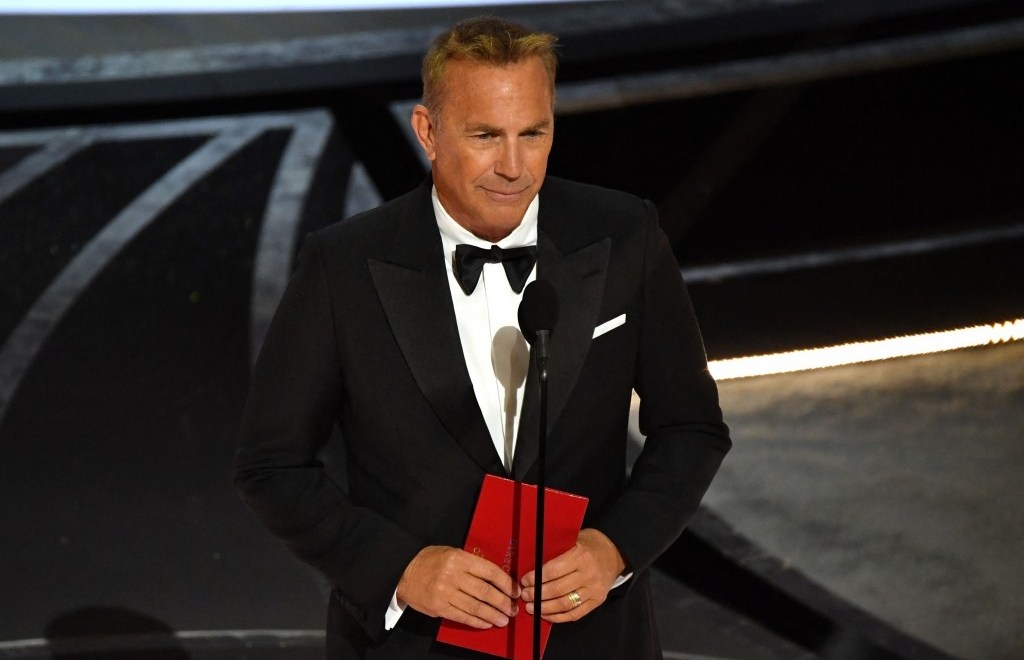The Oscars have always been a part of my life in a way where I don’t even remember when it all began. I don’t have any memories of the first ceremony I watched. My only Oscar memories are moments including Titanic sweeping, Halle Berry winning, Michelle Williams’ yellow dress with a bold red lip, and Martin Scorsese finally getting his due. In my family, watching the Oscars was a ritual on par with celebrations on major holidays. The glamour and the kerfuffle of the Oscars are, of course, the easiest things to enjoy about the awards show that has been dubbed the insufferable “Hollywood’s biggest night.” But I fell in love with the Oscars because the Oscars made me fall in love with cinema. The Oscars ceremony was once an expected but genuine variety show that was, at its heart, a love letter to cinema, a theme that’s since been abandoned in favor of high ratings and satisfaction from fans of Marvel movies, Zack Snyder’s filmography, and the celebrities most likely to go viral, as evidenced by the insulting 94th Academy Awards on Sunday night.
Even the worst Oscar broadcasts such as last year’s Steven Soderbergh-directed intimate affair (it’s looking way more charming in retrospect) are a celebration of a remarkable medium that involves an unfathomable amount of teamwork. Traditionally, the Oscars honored not just the celebrities in the industry, but the unknowns who work tirelessly (and for much less money than the celebrities, no doubt) to make a director’s vision happen or to make an actor’s transformation come to life.
The Oscars the way they used to be – that is, hosted by Billy Crystal on a big, towering stage with dramatic, educational if sometimes too technical and overlong explainers on the significance of cinema and the unsung creators who make films possible – made me the person I am now: an insufferable pop culture-obsessed person who has somehow made a living out of blogging about movies. I became invested in what I do as a direct result of the Oscars. Learning about how movies were made beyond director and actor ingrained in me from a young age the huge mistake of choosing to make movies my career.
Now, the Oscars are a popularity show instead of a celebration of an art form and an ode to the plethora of exhaustive work that non-celebrities do to make films possible. According to the Oscars of today, films are made by celebrities who just happen to show up in hair and makeup and costumes that appeared on their bodies out of nowhere. According to the Oscars of today, directors simply say “lights, camera, action!” and “cut!” and then the movie magically puts itself together in the right order. With most creative and technical categories edited out of the broadcast, the Oscars draw an insulting line between the value of celebrity and crew and even insult the celebrities along the way. The 94th Academy Awards broadcast suggests that some of the most essential elements to filmmaking such as editing, sound, and production design are not worthy of airtime, but reducing best-supporting actress nominee and modern acting legend Kirsten Dunst to an insulting bit is.
The first Academy Awards ceremony occurred in 1929 (it was not broadcast anywhere). Louis B. Mayer established the Academy of Motion Picture Arts and Sciences and its awards as a way to honor the achievements in a relatively new medium, and to unite the five branches of the industry: actors, directors, producers, technicians, and writers. In 2022, it is farther than ever from its original intention. Over the past several decades, the Oscars have evolved from an informative if shallow affair to a completely shallow PR opportunity. Mayer’s vision has morphed into a three-plus hour commercial for Disney content and a showcase for its most desirable stars.
There are many examples of this from Sunday night’s debacle, the most disturbing being a pre-recorded Chris Evans congratulating best-supporting actor winner Troy Kotsur on his win before presenting a trailer for Disney’s Lightyear, in theaters this summer. Additionally, the show wasted time that could have been saved for presenting creative and technical awards on the “28th anniversary” of Pulp Fiction for absolutely no other reason than the fact that cast reunions are trendy right now. The ceremony also included a performance of the popular song “We Don’t Talk About Bruno” from Disney’s Encanto, despite not being nominated for best original song.
Toward the end of the night, Kevin Costner – presenting the award for best director because Yellowstone is popular right now – popped off about the miracle of directing motion pictures with the story of a four-hour cowboy film he saw when he was seven years old.
“You can change a mind, you can change a trajectory of a life, of a career,” he said. “You can capture a heart. But you can’t do it alone.”
Costner’s speech was a traditional, boring, self-important, and dramatic tribute that went on too long, but it was the best thing about the night because that’s what the Oscars are for.







